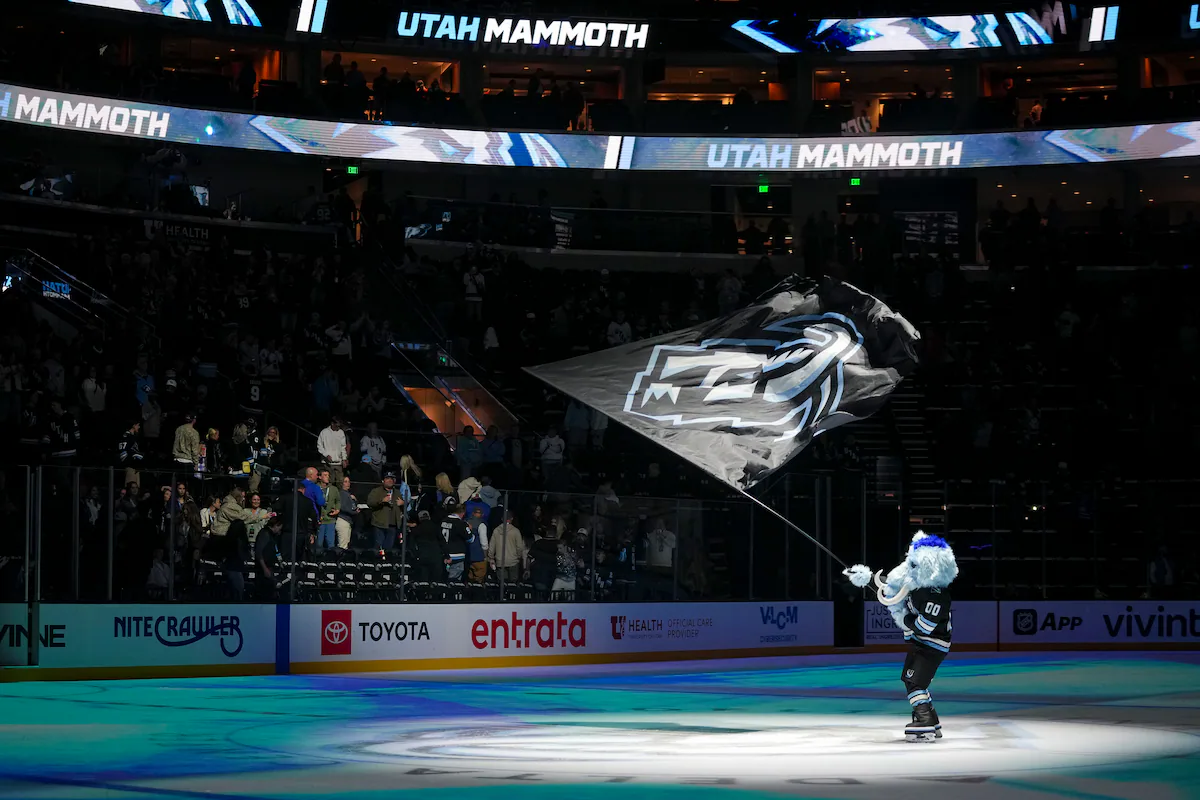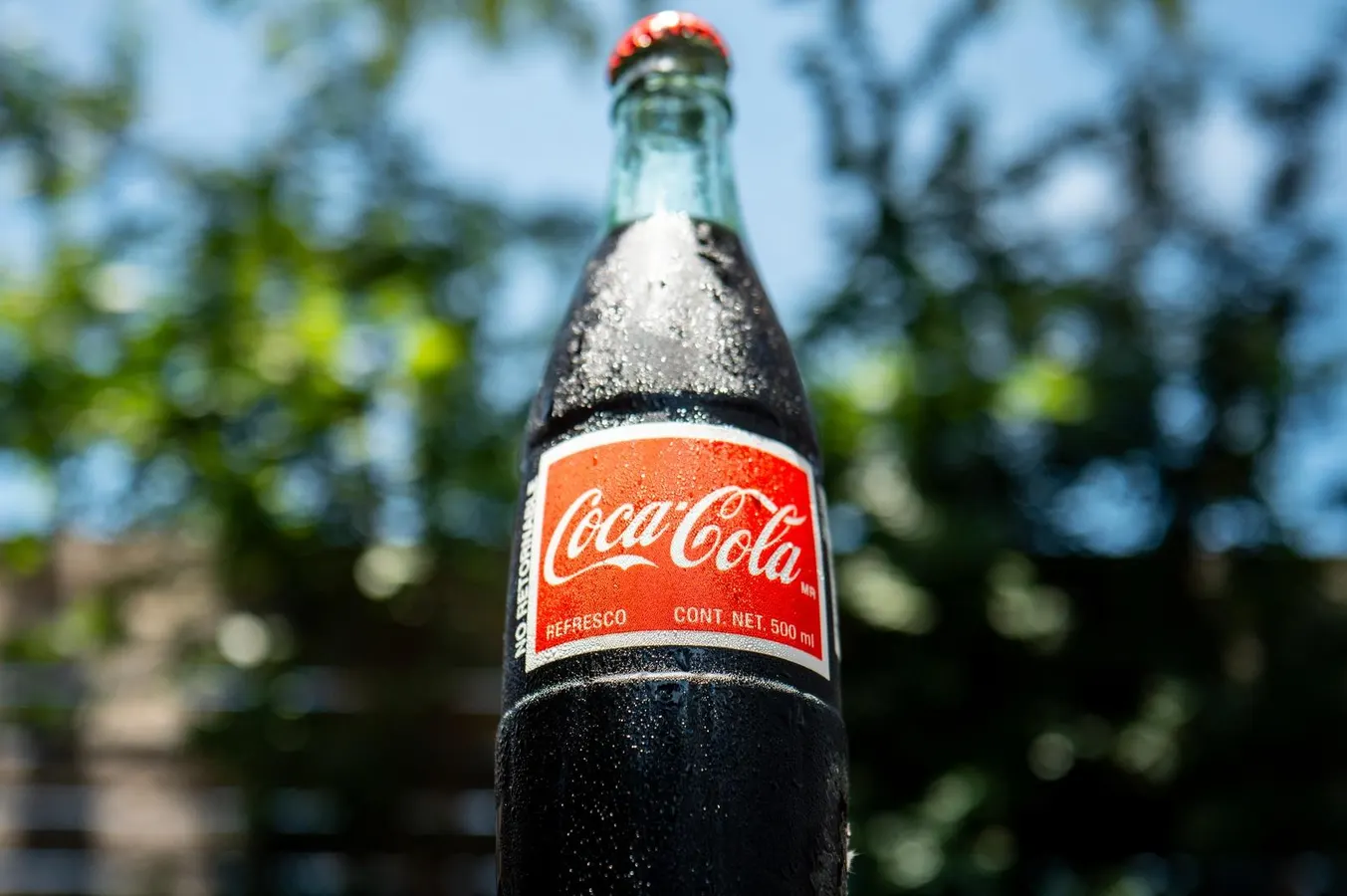Copyright Salt Lake Tribune

Utah’s NHL franchise says it’s spent a “conservative” $7 million to launch its branding — from over $5 million on initial and incoming merchandise to $400,000 in player jerseys and gear; from $250,000 to develop digital graphics for its broadcasts to $100,000 to create its new mascot, Tusky. And fans from Utah to New York have embraced the Utah Mammoth, from tattooing the team’s new identity on their bodies to ringing up $500,000 in merchandise as of the end of September, according to team CFO John Larson. Immediately dropping “Utah Mammoth” and the mammoth head logo — as an Oregon hockey bag maker is demanding — would destroy the valuable “goodwill” the team has built, Larson said in newly filed court documents, estimating its value “in excess of $100,000,000.” And beyond that, the franchise argues, “It is implausible the team would recover from having to adopt a new identity.” Mammoth Hockey LLC, sellers of “high-end hockey bags,” filed a trademark complaint against the NHL team in October, saying the branding for the professional club infringed on its rights. The company has asked a Utah federal judge for an injunction ordering the Utah Mammoth to halt using the name and logo. In its opposition to an injunction, filed Thursday in Utah’s U.S. District Court, the hockey club called the lawsuit “misguided” and “inflammatory,” and said it would “simply not [be] possible at this point” to start over, citing widespread use of its marks. The lost $7 million in costs also would “magnified by the losses its licensees, sponsors and others would suffer,” the team’s response said. “The effort [the Utah Mammoth] and others would have to undertake to comply with an injunction, from recalling goods, erasing all digital uses of Utah Mammoth marks, removing signs at the team’s practice facility and at Delta Center, and repainting the team’s rinks,” it said, “would be extraordinarily burdensome.” Larson said his estimate of the goodwill created by the team’s branding was “based on, among other things,” a valuation of the team by Sportico, a media company. It valued the team at $1.44 billion as of Oct. 1, 2025, which Larson noted was “a $440,000,000 increase” from the $1 billion purchase price in the spring of 2024. But the crux of the hockey club’s defense rests on what it argues is the dissimilarity between the Utah Mammoth and “Mammoth Hockey LLC” brands. The Mammoth Hockey company, which sells durable bags ranging from $189 to over $300, said its customers have been confused while trying to buy their bags and instead landing on Utah Mammoth merchandise. But the NHL team said it’s skeptical of that argument. A market study that used “gold standard” methodology, surveying probable consumers of the products, showed that 0.7 percent of respondents were confused, it said in court documents, a “percentage so low it is compelling evidence confusion is unlikely.” The geographic delineation, using the term “Utah,” and other factors also separate the two logos, the team said. The Utah Mammoth also fired back on the company’s assertions that team leaders “hid their intentions” to use the name and logo. In contrast, the team argues the Oregon company purposefully delayed bringing its claims until the start of the NHL season, to maximize exposure. It also claims the bag company originally had no problems with the NHL team’s name, as it was being considered publicly and fans voted on a name. “In June 2025, [the company] first voiced its purported objection. It then delayed nearly two more months after this suit was initiated to file this motion [for an injunction], knowing the NHL season was imminent,” the team’s attorney’s wrote. The bag company’s “prolonged delay in seeking urgent relief is inconsistent with its claims of irreparable harm.” The team argues that Erik Olson, the bag company’s owner, initially expressed being in favor of the name. “It would be cool to talk about a possible collaboration,” Olson wrote to the team, according to court documents. “For example, it could be a good marketing story for the Utah team to tell if we produced the team bags.” Team president Chris Armstrong told his assistant, Rachel Moffitt, to respond to Olson that the franchise “will definitely keep this partnership in mind,” court documents said. Other companies voiced concerns during the team’s naming process, Armstrong noted, which led the Utah Mammoth to nix several options, including the Yeti, the presumptive frontrunner. But Mammoth Hockey LLC never objected, he said. And with other “Mammoths” using the name and mammoth images in sports and on bags across the country, the team argues, “we believed then and believe now that there is ample room in the marketplace for all of these users of ‘mammoth’ trademarks to coexist, without causing any harm to anyone’s business.”



